Court Rules Climate Inaction is a Human Rights Violation!
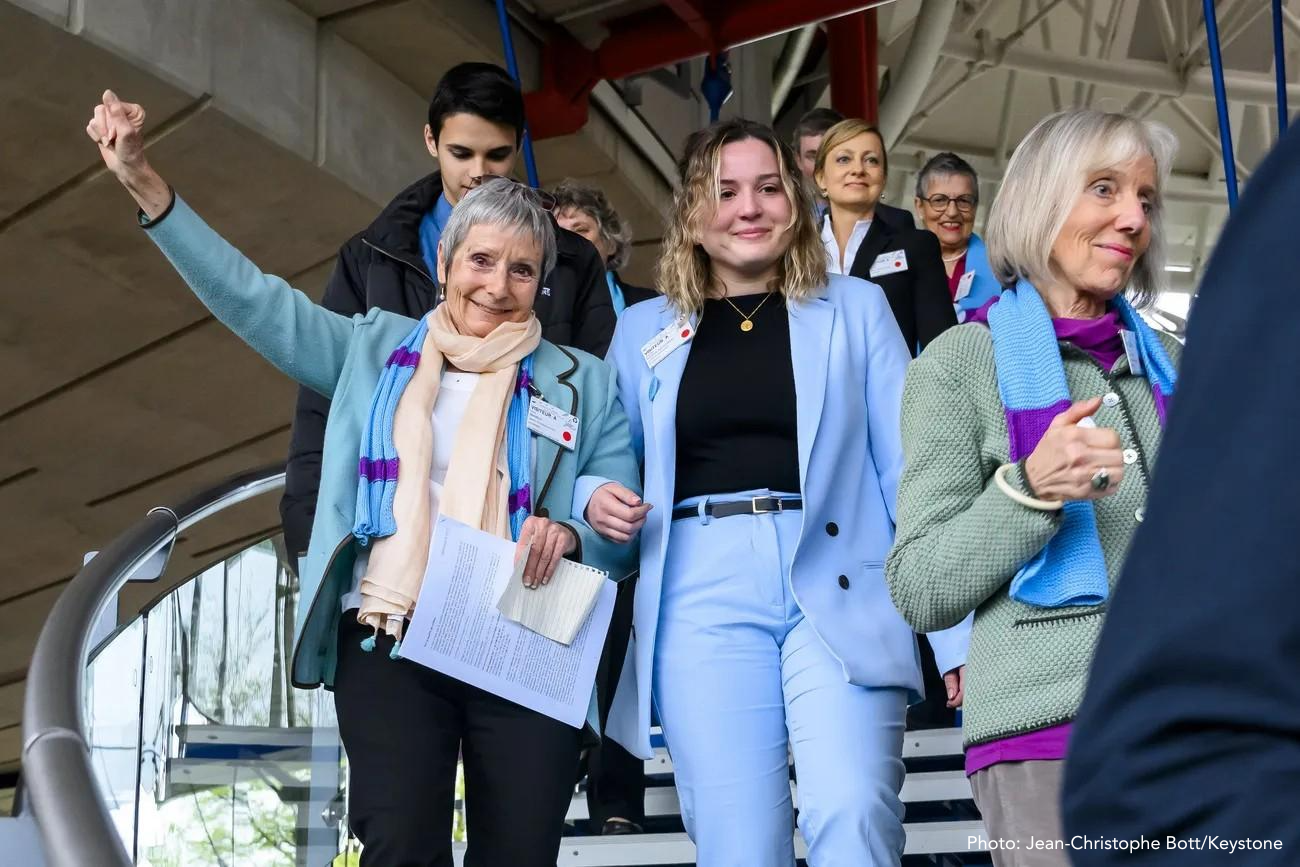
Pictured: The Youth4ClimateJustice and KlimaSeniorinnen celebrate together as they leave court (AFP)
The European Court of Human Rights (ECtHR) delivered its judgments in landmark climate cases, including GLAN’s Youth4ClimateJustice case (Duarte Agostinho and Others v. 32 Member States).
The ECtHR held that our case was inadmissible but issued a landmark ruling in a case brought by a group of Senior Swiss Women against Switzerland, which was linked to ours. Its ruling is unequivocal that government failure to rapidly cut emissions is a violation of human rights. This sets a historic precedent that applies to all European countries requiring them to urgently revise their targets so they are aligned to 1.5 degrees. This is a massive win for all generations!
European governments have a legal duty to act urgently on the climate crisis
After witnessing devastating forest fires and experiencing ever-worsening heatwaves, six Portuguese young people decided to act. On 3rd September 2020, they launched an unprecedented case against over 30 European countries in the European Court of Human Rights.
Finally, following the hottest summer on record in Europe, their case was heard on 27th September 2023. The historic hearing took place before 22 judges with 86 government lawyers in attendance; unprecedented in scale, the case received worldwide attention, with over 6000 mentions in the press in 71 countries, and counting.
The case of the ‘youth-Applicants’ is simple: time is rapidly running out to safeguard their futures. European governments have a legal duty to take far more radical and urgent action to slash greenhouse gas emissions.
Case Timeline
September 2020: Case is filed with the European Court of Human Rights (ECtHR).
October 2020: ECtHR fast-tracks the case based on the “importance and urgency of the issues raised.”
November 2020: ECtHR requests Respondent States to answer the case and introduces, of its own accord, a question whether the youth-Applicants’ right to be free from torture, inhuman or degrading treatment is being violated.
February 2021: ECtHR refuses Respondent States’ joint request to overturn fast-tracking of case and to allow them to confine their initial arguments to the “inadmissibility” of the case.
May 2021: Multiple supportive “Third Party Interventions” filed, including by Amnesty International, Greenpeace, Save the Children and the European Commissioner for Human Rights.
August 2021 – June 2022: Exchange of written arguments between youth-Applicants and Respondent States.
June 2022: ECtHR refers case to the 17-judge “Grand Chamber” which considers a tiny fraction of cases of exceptional importance.
June 2022 – March 2023: Further exchange of written arguments between youth-Applicants and Respondent States.
29th March 2023: Hearing takes place in the two other climate cases before the Grand Chamber: KlimaSeniorinnen v Switzerland and Carême v France
April 2023: Court announces hearing to take place on September 27th, 2023.
27th September 2023: The hearing took place in Strasbourg at the European Court of Human Rights.
9th April 2024: The Court delivered its ruling on our case, as well as KlimaSeniorinnen v Switzerland & Carême v France at 10.30 am CET on 9th April at the court in Strasbourg.
Meet the young people who brought this case
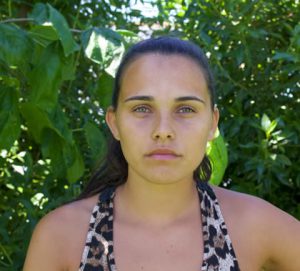
Catarina
Catarina (23) lives in a small town in the Leiria district of Portugal. She decided to participate in this case as she can already see how her home region is becoming a much more hostile place to live due to the climate crisis. The heat extremes which Portugal has experienced in recent years have significantly interfered with Catarina’s ability to exercise outdoors and to sleep properly. Knowing that Portugal stands to experience dramatically worse heat extremes during her lifetime if governments do not take urgent action, she worries greatly about her future and the future of the family that she hopes to have one day.
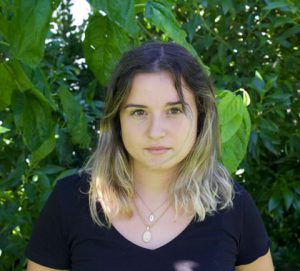
Cláudia
Cláudia (24) is also from Leiria where she grew up with her brother Martim and sister Mariana. She is currently working as a nurse in a local hospital. As a healthcare professional, Cláudia is acutely aware of the threat that extreme heat poses to human health and that urgent government action is needed to stop the continuing escalation of extreme heat events in Portugal. Having grown up in the countryside, Cláudia has always loved spending time in nature. It troubles her greatly that, during the summer, places like forests are becoming more dangerous, as wildfires in Portugal become increasingly extreme.
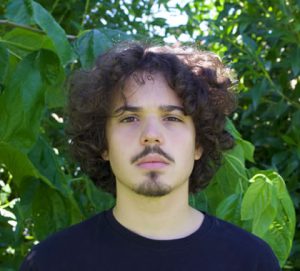
Martim
Martim (20) is currently studying at a science and technology school in Leiria. The devastating forest fires which broke out in Portugal in 2017 caused his school to close due to the amount of smoke in the air. He recalls the horror of discovering the extent of the destruction caused by these fires so close to his home. Martim would much prefer not to have to take this case. But the heat extremes that he has already experienced during recent summers has made him realise that he and his generation must do everything they can to force governments to safeguard their futures.
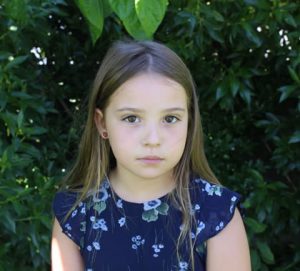
Mariana
Mariana (11) is the youngest of the children and young adults who are bringing this case. She is a lover of animals and spends as much time as she can on her grandparents’ farm. Even at her very young age, she has an awareness that there is a problem called climate change and that it is harming the world around her. If Mariana lives to 88 years of age, she will be alive in 2100. By then, without radical action by governments, the world could be 4°C hotter than during pre-industrial times. In such a catastrophic scenario, Portugal could experience heatwaves, with temperatures of over 40°C, which last for over a month.
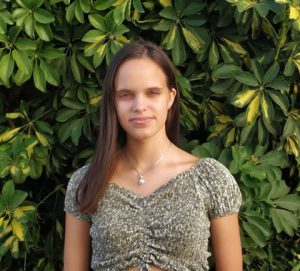
Sofia
Sofia (18) lives with her brother, André, and parents in Lisbon. Knowing what it means for her generation’s future, she finds the issue of climate change scary and depressing. But she is still hopeful because she knows that if enough people demand action, governments will do what is needed to stop the climate crisis. Sofia is bringing this case to add to the voices of the many millions of people – from youth activists to climate scientists – calling for urgent action. After school she wants to study ‘green chemistry’ to learn how to create alternatives to fossil fuel-based materials so that fossil fuels can be kept where they belong: in the ground.
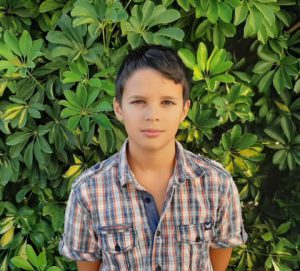
André
André (15), like his sister, Sofia, hopes to one day use his love of science to develop technologies which allow our planet to thrive. But he worries about his future because he knows that the effects of climate change in Portugal are becoming more and more extreme. He notices that his friends are becoming more worried about climate change too and cannot understand how the people who are supposed to be protecting us are letting this happen. André wishes he could focus on his hobbies, his schoolwork and playing with his friends. But he also understands that we all must do what we can to force politicians to protect us.
